What is an EMI Filter?
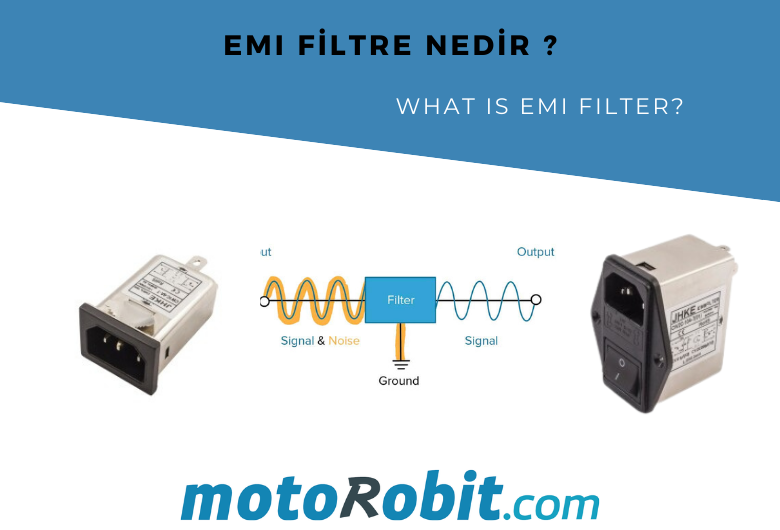
1. What is EMI?
Electromagnetic interference (EMI) is unwanted electromagnetic waves that negatively affect the operation of an electronic device. These waves can interfere with the signals of other devices and cause the devices to operate in unexpected ways or fail completely. There are two main ways that EMI can spread:
- Radiated EMI: Electromagnetic waves emitted by electronic devices.
- Conducted EMI: Electromagnetic waves emitted along power lines or signal cables.
2. What is an EMI Filter?
EMI filters are circuit elements designed to reduce or completely eliminate unwanted electromagnetic interference in a system. They usually consist of passive components (such as inductors, capacitors and resistors), and these components work together to weaken or block interfering signals.
3. Working Principle of EMI Filters
The working principle of EMI filters is to block unwanted frequency signals and only allow signals in a certain frequency range to pass. This is achieved by creating a certain impedance in the filters and preventing unwanted signals at high frequencies from passing. EMI filters can be designed as both low-pass filters and high-pass filters.
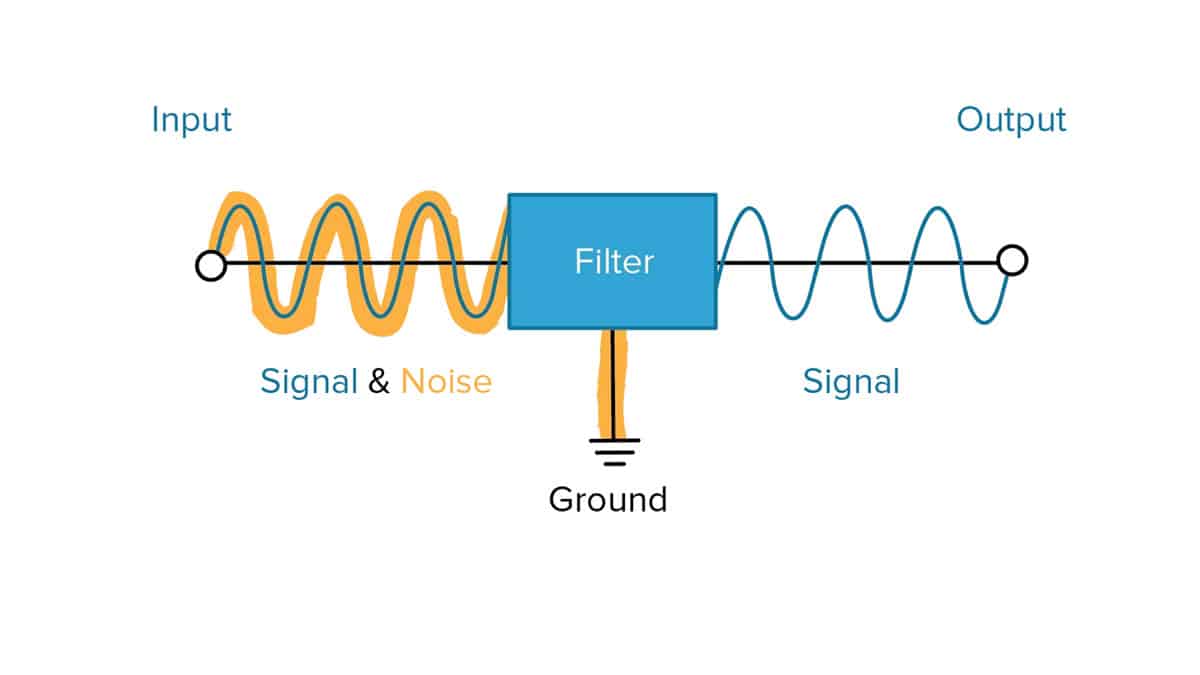
Basic Components:
- Inductors: Prevent high-frequency signals from passing by by creating a magnetic field.
- Capacitors: Direct high-frequency signals to ground and thus preventing these signals from reaching other components in the circuit.
- Resistors: Attenuate the signal strength and thus reduce the effect of EMI on the circuit.
4. Areas of Use of EMI Filters
EMI filters have a wide range of uses. Here are some common areas of use:
- Industrial Equipment: EMI filters are used in devices such as factory machines and industrial robots to ensure the smooth operation of other machines and electronic equipment.
- Consumer Electronics: Devices used in everyday life such as televisions, computers, cell phones and home appliances are equipped with EMI filters. This allows the devices to operate without interfering with each other.
- Medical Devices: Devices used in hospitals are protected by EMI filters to properly process sensitive signals.
- Automotive: Electronic systems in vehicles use EMI filters to prevent the engine, radio and other components from interfering with each other.
5. EMI Filtered Power Sockets
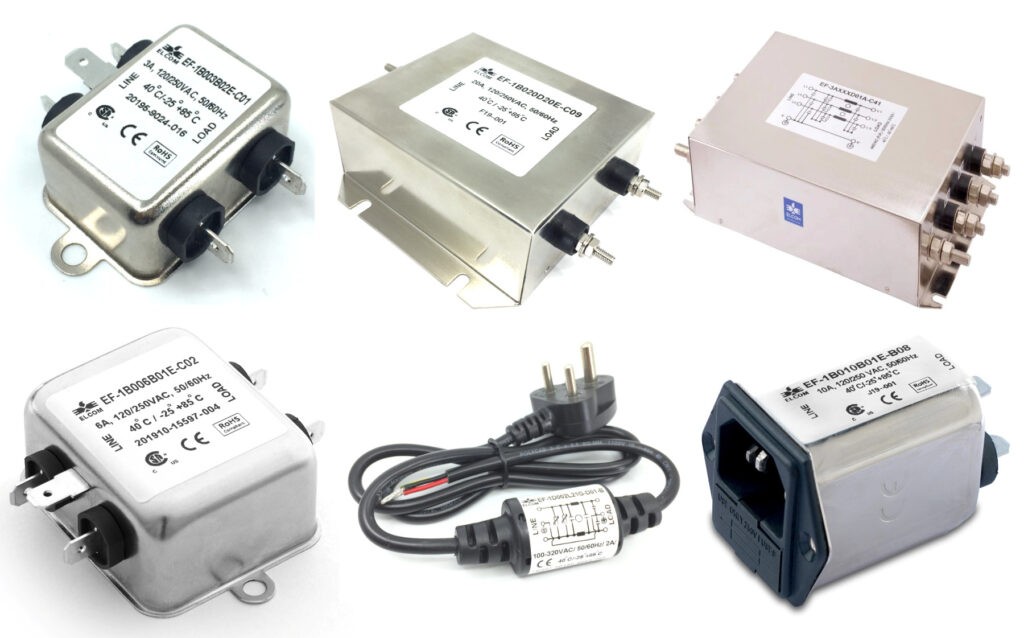
Features and Advantages of EMI Filtered Power Sockets:
- Power Supply Protection: EMI filtered power sockets protect connected devices against unwanted signals from the power supply. This ensures that devices operate more stably and safely.
- Electromagnetic Interference Reduction: EMI filter sockets effectively reduce electromagnetic interference, both radiated and conducted. This is especially important for sensitive electronic devices.
- Cleaner Power: By filtering out interference from the power supply, it provides cleaner and more stable power to connected devices. This extends the life of the devices and improves their performance.
- Industrial and Home Use: EMI filter power sockets sockets are suitable for use in both industrial and home environments. They prevent devices from electromagnetically interfering with each other, especially in environments where multiple devices are connected.
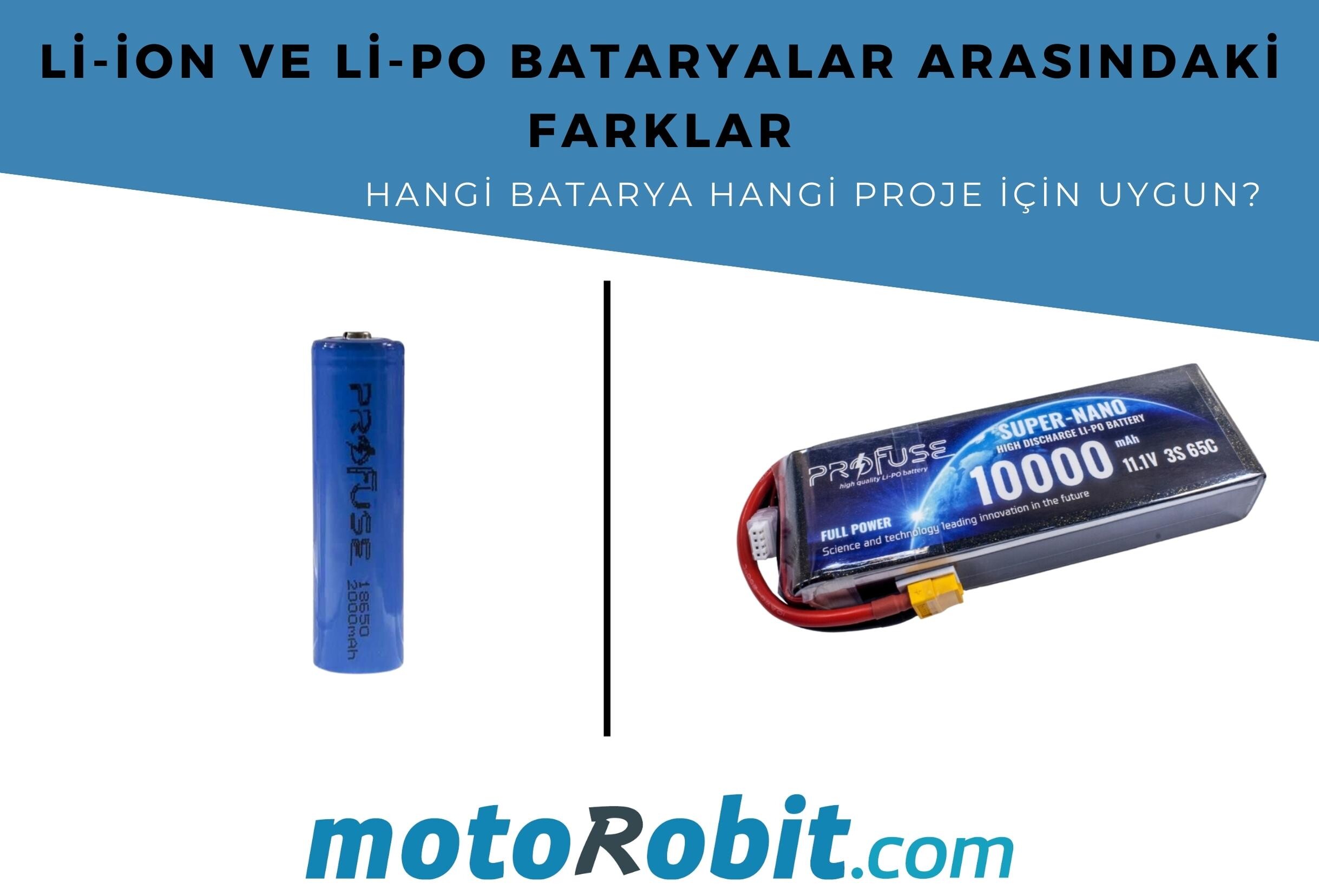
Differences Between Li-ion and Li-Po Batteries: Which Battery is Suitable for Which Project?
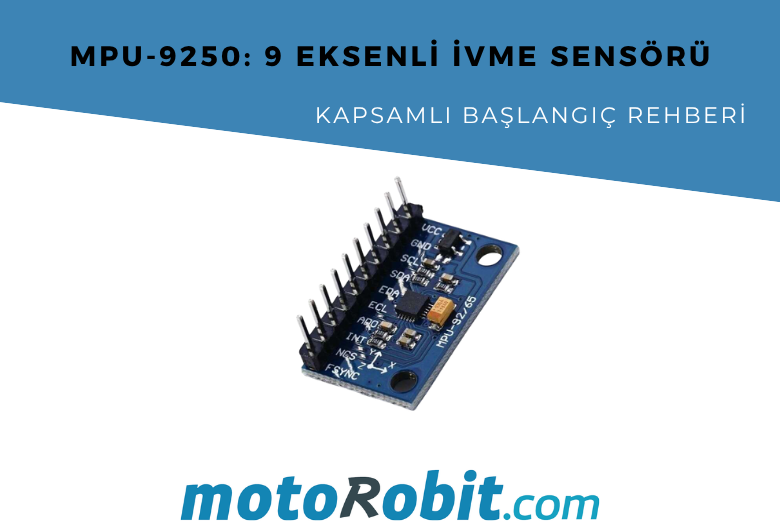
MPU-9250: 9-Axis Acceleration Sensor - A Comprehensive Beginner's Guide

What is ULN2003 ?
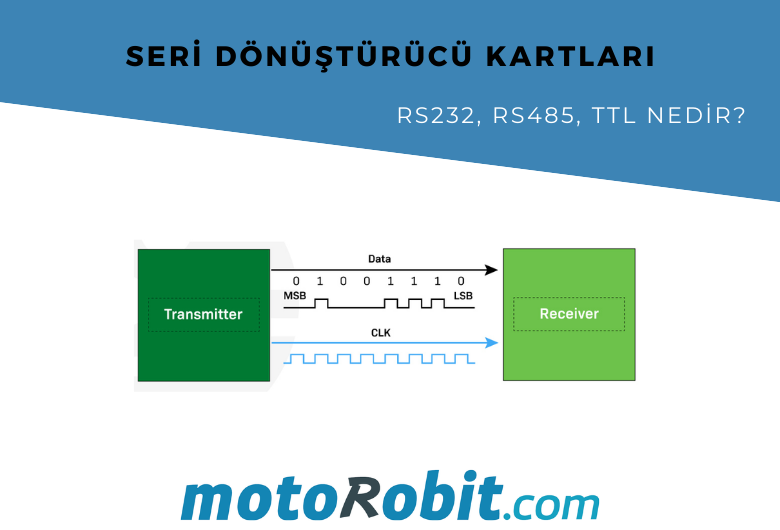
What are Serial Converter Cards (RS232, RS485, TTL)
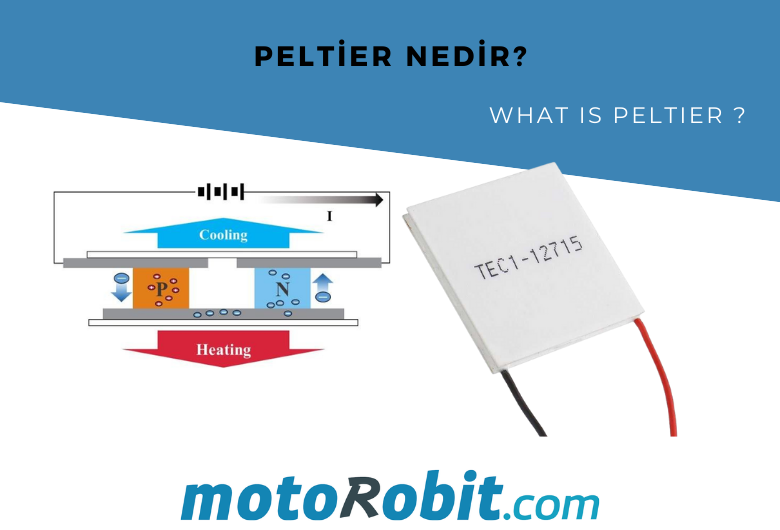
What is Peltier and What is its Working Principle?

.png)